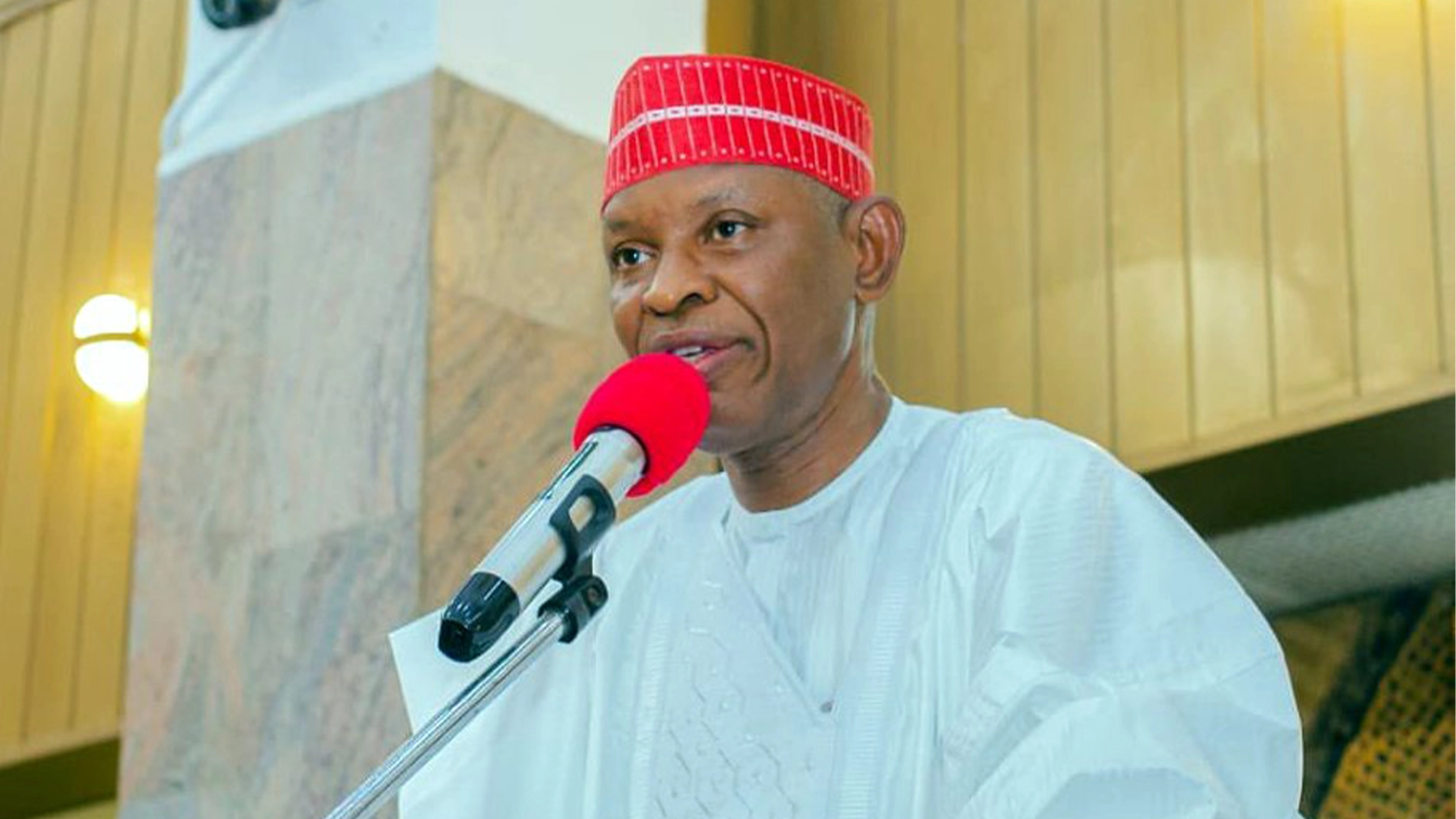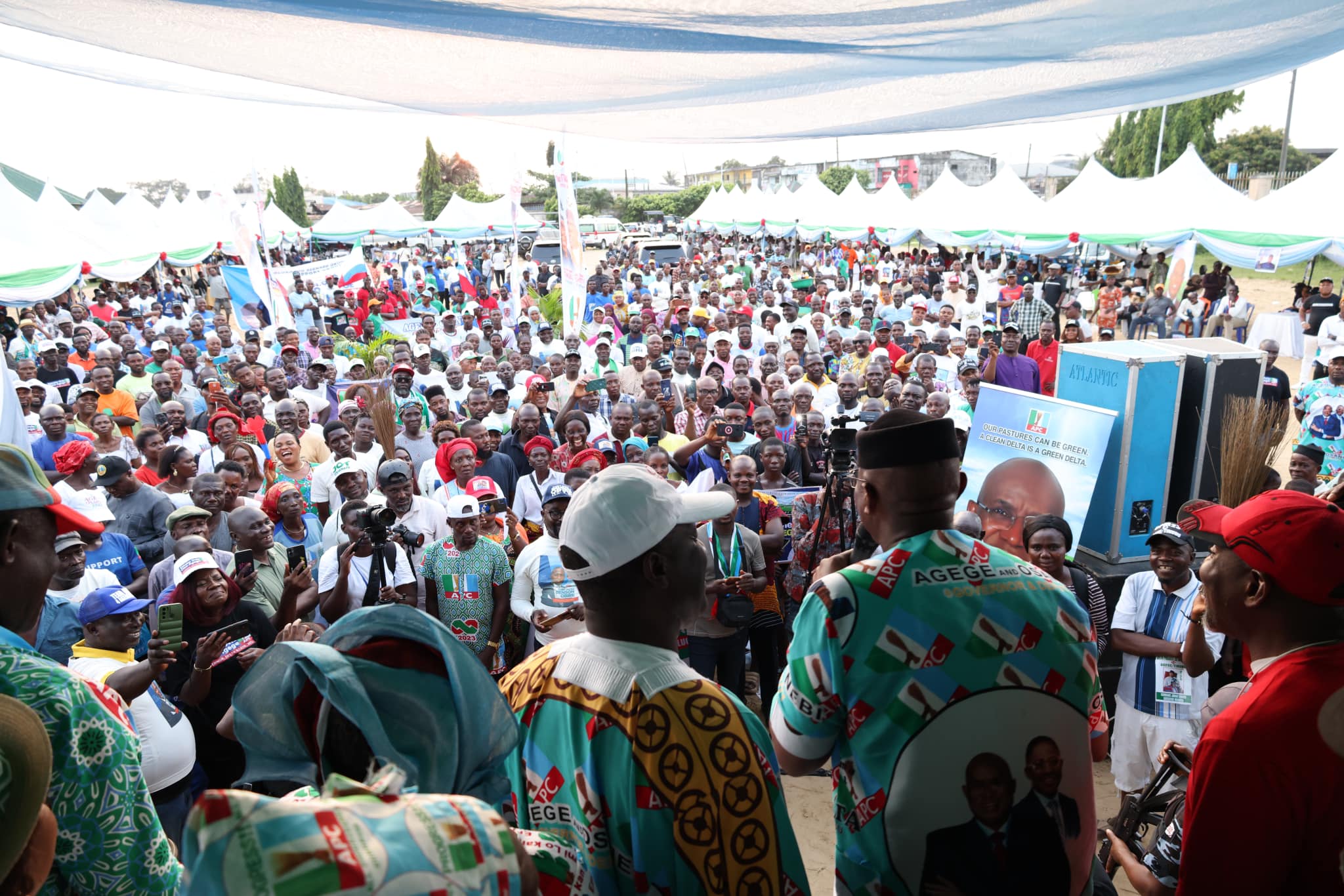
Africa the Second World War, General Charles de Gaulle, the President of France, declared la Franc afrique, France’s informal sphere of influence in Africa. Apart from secretly vetting and backing African political elite, he also created the French colonies to be in its two African monetary zones, namely the West African Economic and Monetary Union (WAEMU), and the Central African Economic and Monetary Community (CAEMC) for the French colonies of Benin, Burkina Faso, Cote d’Ivoire, Guinea-Bissau, Mali, Niger, Senegal, Togo, Cameroon, Central African Republic, Republic of the Congo, Equatorial Guinea and Chad. The CFA franc- originally the French African colonial franc – was officially created on December 26, 1945 by a decree of De Gaulle to serve the two monetary zones.
According to the monetary accords between African nations and France, the CFA franc has four main pillars. First, a fixed exchange rate with the Euro. Secondly, a French guarantee of the unlimited convertibility of CFA francs into euros. Thirdly, a centralisation of foreign exchange reserves.
Since 2005, the two Central banks – the Central Bank of West African States (BCEAO) and the Bank of Central African States (BEAC) – have been required to deposit 50 per cent of their foreign exchange reserves in a special French Treasury ‘operating account,’ plus an additional 20 per cent for financial liabilities. Thus member states only retained 30 per cent of reserves within their borders.
The fourth pillar of the CFA franc, is the principle of free capital transfer within the franc zone. The absence of monetary sovereignty has only made the system to perpetually devalue currencies of Francophone countries, making it impossible to increase the standard of living for their citizens while under the control of a foreign power.
France holds a de facto veto on the boards of the two Central banks within the CFA franc zone. Since the reform of the BCEAO in 2010, the conduct of monetary policy has been assigned to a monetary policy committee with the French representative as a voting member, while the president of WAEMU Commission attends only in an advisory capacity.
Economists affirm that the CFA franc is a barrier to industrialisation and structural transformation, serving neither to stimulate trade integration between user nations, nor boost bank lending to their economies. The credit – to- GDP ratio stands around 10 to 25 per cent for CFA countries, but is approximately 60 per cent+ for sub-Saharan Africa. The CFA franc also encourages massive capital out-flows, and due to the fixed exchange rate regime, pushes that money to Europe and more frequently to France.
In brief, membership of the franc zone is synonymous with poverty and under-development, as evidenced by the fact that 11 of its 15 adherents are classed Least Developed Countries (LDC). The former Senegalese president, Abdoulaye Waye said that ‘‘after 50 years of independence…. If we get our monetary power back, we will manage better.’’ Togolese economist, Kako Nubkpo, and official at the West African Economic and Monetary Union (UEMOA) called the system ‘‘voluntary servitude.’’ Others like former international officers, Sanou Mbaye of the African Development Bank, Carlos Lopez of the UN Economic Commission for Africa, and Henri- Claude Oyima of the BGF Bank all critique the L system.
Even France allegedly said that African countries need to move away from the CFA franc given its historical ties to the French colonial empire. From 2027, the 15 countries of the Economic Community of West African States (ECOWAS) including the CFA franc member countries will adopt the eco as their joint currency. The reform includes additional adjustments such as those pertaining to the reserve requirement and the elimination of the French-held board position in the BCEAO.
On the surface, the reform appears to recognise French neocolonialism and attempts to take meaningful steps toward African sovereignty. These changes, however, are only symbolic. They do not comprehensively liberate CFA countries from European dependence, because the eco will also be backed by the euro and operate under a fixed exchange rate. The change in this sense is purely nominal. This exchange rate severely diminishes any influence the BCEAO has. Consequently, the removal of the French presence on the board is unlikely to have any impact.
The reserve requirement will also evolve when the reform goes into effect. Instead of francophone member nations preserving 50 per cent of their reserves in the French Treasury, they will now control their own reserves. France, however, will continue its role as guarantor. This change allows France to wield power over the reserves, but rids it of the obligation to bail out former CFA member states in the event of a crisis.
The countries will now be referred to the International Monetary Fund (IMF). France and former CFA countries will operate under a new set of rules that continue to benefit France and place African countries at a disadvantage. France still has room to maneuvre given that the regional security structure in the Sahel is changing significantly. Its traditional dominance, backed by a broad military presence and collective international initiatives, although declining, still retains opportunities for Paris to influence their governments.
The truth is that regional problems in the region are yet to be solved. The Sahel continues to face critical challenges, including the jihadist threat (sometimes under the control of Paris), internal fragmentation, and conflict, leaving states in the region extremely fragile and interested in finding international partners willing to help manage these challenges. Concern about the CFA monetary zone and France’s role in it has always existed, but tensions are mounting as CFA activists say: ‘‘We must do all it takes to ensure that the CFA is abolished forever.’’
Adamu wrote from Maiduguri.






